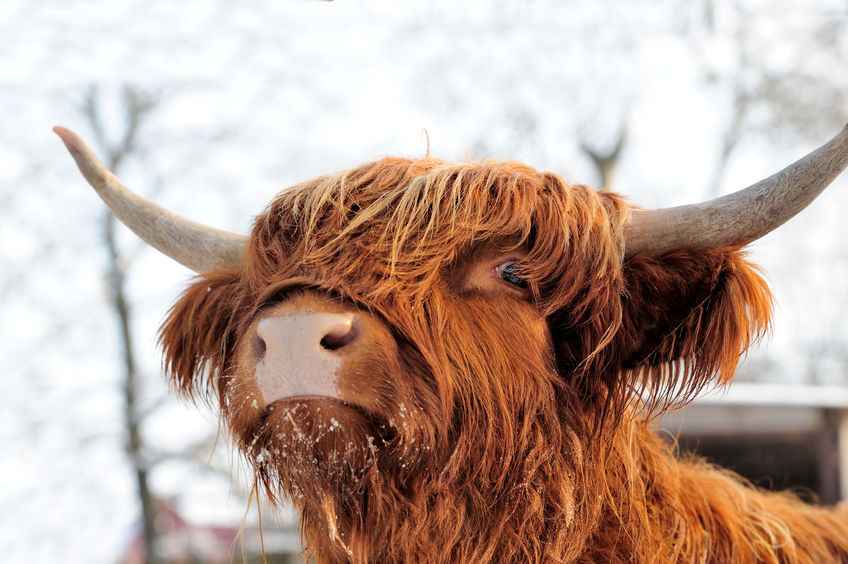
The farming industry is seeking urgent assurances that Geographical Indicators and protection of home-grown produce will continue after Brexit.
Farmers worry that the protection of produce, such as Scotch beef and Yorkshire Wensleydale, won't continue under any new trade deals agreed by the government.
In a letter to UK ministers, Scotland's Rural Economy Secretary Fergus Ewing challenges a perceived lack of clarity being shown by Number 10 in relation to Geographic Indicators (GI) in post-Brexit trade arrangements.
Coupled with the frequency of media reporting about future trade deals being discussed where GIs are either an afterthought or not deemed important, Mr Ewing highlights the "deep concern" this is creating for farmers.
The EU protected food name scheme covers regional and traditional foods whose authenticity and origin can be guaranteed.
To get a product protected, it must be produced, processed and prepared in one area and have distinct characteristics from this area.
Some UK protected foods include Stilton Blue cheese, Yorkshire Wensleydale cheese, Cornish clotted cream, Scottish wild salmon and Gloucestershire old spots pork.
However, traditional British produce protected by the EU's protected food name scheme could be at risk when the country leaves the EU.
Back in 2016, then-Prime Minister David Cameron warned that farmers would lose the protected status awarded by the EU for produce made in their traditional areas.
It has led the Welsh red meat industry to plea for the creation of a UK-equivalent scheme which recognises British produce.
'Vital importance'
In his letter, Mr Ewing said such schemes to protect national food is of "vital importance" to Scottish farmers and rural businesses.
"The time is right for us to see some concrete assurances from the UK Government that not only do you consider GIs and protection of our world-renowned produce of great importance, but that the UK Government will give them their rightful place at the forefront of future trade negotiations," Mr Ewing said.
"Over recent months my officials have queried the fact that the GI provisions were still flagged as 'on-going discussions' in the draft Withdrawal Agreement and have been assured that this should not be interpreted as disagreement – simply that agreement had not yet been reached yet.
"More recently, we hear suggestions that the difficulty over these provisions is that, in requiring continued recognition in the UK for existing EU GIs, they stray beyond what is necessary for withdrawal from the EU into what might be more appropriate for a future economic partnership.
"However, that argument does not seem to have been applied to the other intellectual property related provisions in the Withdrawal Agreement.
Mr Ewing added: "We need you to either agree to the provisions in the Withdrawal Agreement, and resolve this unnecessary dispute, or be very much clearer about what your objections to the provisions are really based on."
Scotland has some of the highest valued GIs in Europe, and Mr Ewing said the need to protect them is "not a need, but a pre-requisite" of any post-Brexit trade deal.
